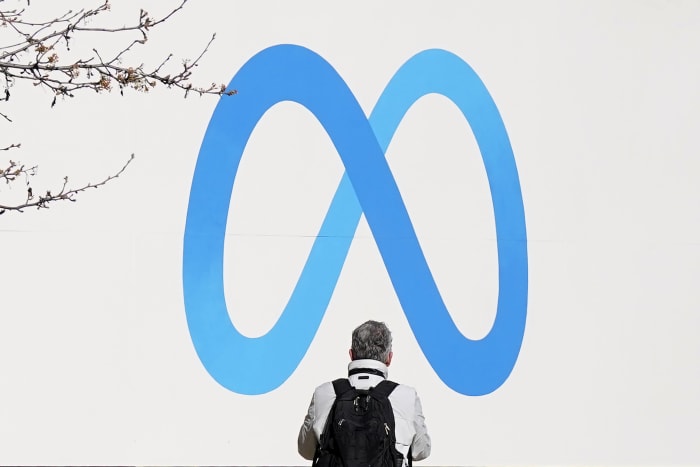Sacramento, California California lawmakers are considering a bill that would require artificial intelligence (AI) companies to test their systems and add safeguards to prevent AI from being used to take down the state's power grid or create chemical weapons, scenarios experts say are plausible in the future as technology evolves at lightning speed.
Lawmakers are scheduled to vote on Tuesday on the first bill aimed at mitigating the risks posed by AI. Technology companies, including Facebook and Instagram parent Meta and Google, have fiercely opposed the bill, arguing that the restrictions are aimed at developers and should instead focus on those who exploit AI systems to cause harm.
Democratic state Sen. Scott Wiener, who authored the bill, said the proposal provides a reasonable standard of safety by preventing “catastrophic damage” from extremely powerful AI models that may be created in the future. The requirement would only apply to systems that require more than $100 million in computing power to train. As of July, no AI models had met that standard.
“This isn't about small AI models,” Wiener said at a recent legislative hearing. “This is about incredibly large, powerful models that, as far as we know, don't exist today but will exist in the near future.”
Democratic Governor Gavin Newsom has touted California as both an early adopter and regulator of AI, saying the state could quickly deploy generative AI tools to decongest highways, improve road safety and save taxes. At the same time, his administration is considering new rules to ban AI discrimination in hiring practices. The governor declined to comment on the bill but warned that overregulation could put the state in a “dangerous position.”
The proposal, which has the backing of some of AI's most prominent researchers, would also create a new state agency to oversee developers and provide best practices, and would allow state attorneys general to take legal action in the event of violations.
A growing coalition of technology companies argues that these requirements will stifle companies' ability to develop large-scale AI systems and keep their technology open source.
“This bill would make the AI ecosystem less secure, jeopardize the open source model that startups and small businesses rely on, create a reliance on standards that don't exist, and lead to regulatory fragmentation,” Rob Sherman, Meta's vice president and deputy chief privacy officer, wrote in a letter to lawmakers.
The state's Chamber of Commerce said the proposal could encourage companies to leave the state to avoid the regulations.
Opponents want to wait for more guidance from the federal government, and supporters of the bill say they can't wait, citing hard lessons learned by California for not doing enough to rein in social media companies.
State lawmakers on Tuesday were also considering another ambitious measure to combat automation discrimination when companies use AI models to review job resumes or rental apartment applications.
Copyright 2024 The Associated Press. All rights reserved. This material may not be published, broadcast, rewritten or redistributed without permission.

